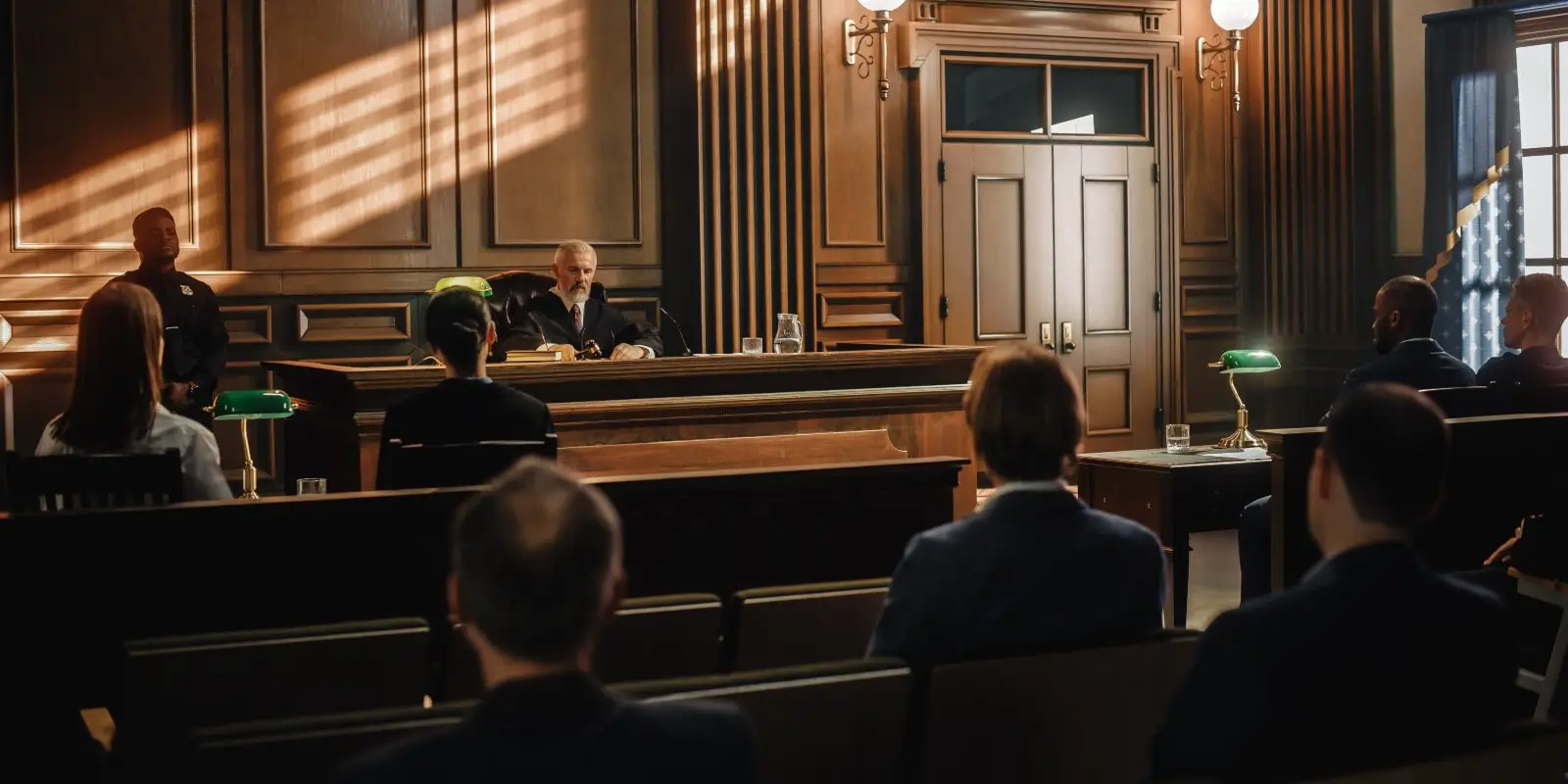THE FERES DOCTRINE PROTECTS THE GOVT, BUT FOR HOW MUCH LONGER?
By Buddy Blouin

Military personnel assume certain levels of risk when they join the service, and during this time, they're barred from suing the U.S. for injuries sustained while in the military. But while it may feel reasonable to disallow such legal action for injuries on the battlefield, this legal doctrine can also spill over into other situations, such as sexual assault. Known as the Feres Doctrine, it's been a safety net for the American government since 1950; however, a recent ruling may help challenge the breadth and application of such legal protections.
Read next:
MoneyLion Lawsuit Alleges Company Targeted and Overcharged MilitaryWhat Is the Feres Doctrine?
The Feres Doctrine states that those injured in the armed forces while on active duty cannot sue the federal government under the Federal Tort Claims Act (FTCA). It stems from the U.S. Supreme Court in the case known as Feres v. United States due to three reasons that supported the Feres Doctrine, including:- There was no parallel private liability required by the FTCA.
- Congress didn’t intend for the government's "distinctively federal" relationship with military personnel to be governed by local tort law.
- Veterans' benefits cannot compensate military personnel for injuries they suffer due to their military service if Congress has allowed them to make FTCA claims.
Was the Feres Doctrine Enacted by Congress?
No, rather than being a law passed by Congress, the Feres Doctrine is a legal doctrine that protects the American Armed Forces from lawsuits from active-duty members who are injured.The History of Feres v. United States
The U.S. government was facing three lawsuits around the same time, including one from WWII hero Lt. Rudolph Feres. After serving by parachuting into Normandy and earning three Bronze Stars, Lt. Feres passed away. Not in combat, but due to a fire in his barracks at Pine Camp, which is now known as Fort Drum. The men that were killed left behind wives that would end up suing, as the fire was caused by a faulty heater. Their case was dismissed; however, Feres’ wife decided to appeal and took things to the U.S. Supreme Court. A historical moment in American law occurred in 1946 when the Federal Tort Claims Act would allow cases of negligence and wrongdoing to be brought against the government outside of incidents involving combat. Again, Feres’ wife’s case was combined with two other lawsuits against the government, but the Supreme Court would take the exemption for lawsuits against the U.S. involving combat and extend it also into peacetime. This would lead to the Feres Doctrine, as it’s now known, prohibiting lawsuits against the government or the military for injury or death that occurs during one’s time serving in the American Armed Forces.Does Feres Doctrine Prevent Retired Veterans From Suing for Malpractice?
For many years, malpractice was one of the broader situations lumped into the Feres Doctrine; however, this changed in 2020. The Feres Doctrine medical malpractice exception was made thanks to the National Defense Authorization Act for Fiscal Year 2020 (NDAA). This act stated that an exception could be made for injury or death under certain circumstances involving receiving care from a Department of Defense healthcare provider and/or in a covered military medical treatment facility. If you believe you have a case, this exception may be able to help you as a Veteran suffering from such malpractice during your service. But this guide is not legal advice, as we are not lawyers. Your best bet is to contact legal representation that's licensed to practice law in your state to further discuss your potential for a case.What Are Some Issues With the Feres Doctrine?
Using common sense, it’s pretty easy to see how lawsuits involving injury or death while in the military could be a counterproductive measure for the United States. There are different benefits and compensation packages available, as well as the knowledge that you're putting yourself at a high level of risk with your body on the line for the freedom of our nation. But ever since the Supreme Court extended what was possible in 1950 to include peacetime actions, broader issues have arisen. Troops who've been in unfortunate situations have been left powerless in many cases to seek or receive the justice they deserve due to a variety of issues including sexual assault, hate crimes, military medical malpractice, exposure to harmful chemicals, and more. Getting shot in the line of duty is one thing, but receiving harmful treatment from those you serve with and are forced to trust is another. At the end of the day, the military serves many roles for the United States, but that includes the role of an employer, and its employees deserve protection. In 2019, Air Force Veteran Kathryn Spletstoser filed a complaint accusing Gen. John Hyten of sexually harassing and assaulting her. Insufficient evidence prevented Hyten from being charged, but he was found not guilty or innocent after an investigation by the Air Force. Spletstoser filed a lawsuit against Hyten after the investigation, in which he denies any wrongdoing. The government tried to dismiss the case because of the Feres Doctrine, but in 2020, thanks to the Central District Court of California, a judge ruled that this sexual assault case against the military's no. 2 officer could proceed. Because the incident occurred in a civilian hotel room, it was found that this wasn’t related to her military service or duties. While this is an ongoing battle, many experts following the case view the ruling as a notable shift away from the way things have been in the past. The Feres Doctrine may help the U.S. complete its missions, but if it comes at the unjust expense of those working to get the job done, it fails our Constitution, our service members, and all of us they are working to protect.Suggested read:
4 Naval Officers Found Guilty After $35 Million Fraud in Fat Leonard CaseSHARE:
TAGS:
air force
air force
army
coast guard
marine corps
national guard
navy
space force
JOIN OUR NEWSLETTER
Get the latest news and military discounts



